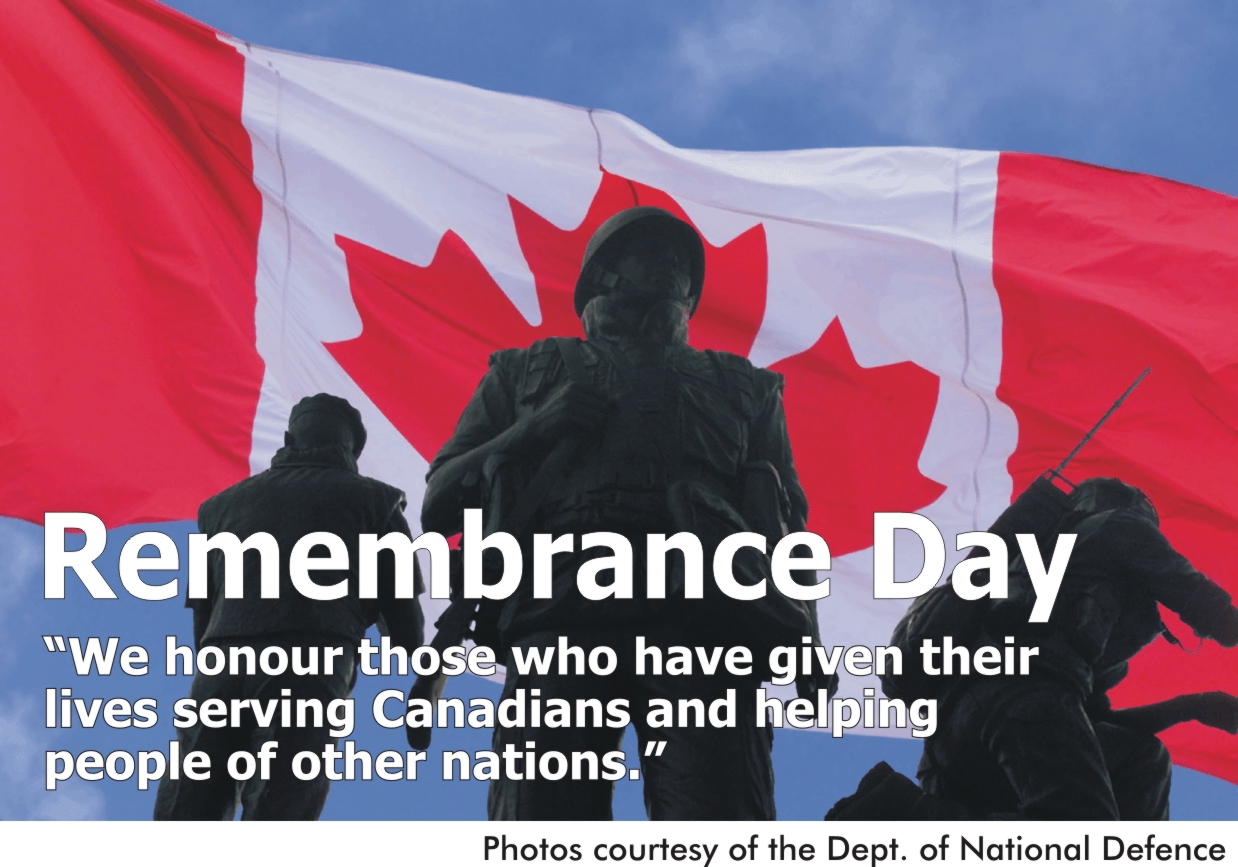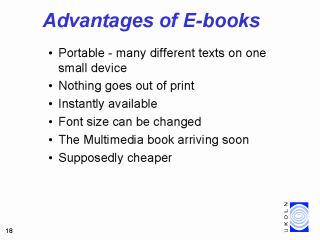Another quick thought. Most library schools, in India and abroad have special librarianship, as a part of the master's (universities, DRTC, etc.) program. DRTC / INSDOC in India, have been leading the world in introducing content and approach from fields, such as, MBA, Engineering and other practice oriented fields. In this context, not so sure, if there are indepth and recent studies that compare the market value (salaries, job opportunities, status among other faculty, professional outcomes, etc.) of a university based masters versus DRTC / INSDOC trained librarians.
Reading now:
The MBA and Academic Business Librarians: More than Graduate Education for Subject Specialists.
By: McGuigan, Glenn S.. Journal of Business & Finance Librarianship, 2008, Vol. 13 Issue 3, p405-417, 13p, 1 Chart; DOI: 10.1080/08963560802183179
Extract:
For the purposes of academic business librarians, the curriculum within an MBA program should provide an introduction to various areas of specialized knowledge and enhance their abilities to engage effectively in their responsibilities as subject specialists. As related by the Education Committee of the Business Reference & Services Section (BRASS, 2006), core competencies for business knowledge include (but are not necessarily limited to) accounting, advertising and marketing, banking, company and industry research, insurance, international business, investment and finance, jobs and human resources, small business, and taxation. These subject areas would be addressed by most MBA programs that may categorize fields of study in the areas of accounting, finance, management, marketing, operations management, and increasingly, information systems.
Familiarity with studying these topics within a classroom setting should strengthen the subject specialist's abilities in assisting students who are doing research for these very same courses.
... As Liu and Allen (2001) explained, the vast difference in salaries between academic business librarians and those in the private sector with an MBA "reflect the fact that librarianship is not in a very advantageous competitive position when compared with business jobs. Accordingly, it is not surprising that relatively few academic business librarians have business degrees" (p. 559). Therefore, unless a drastic change takes place, the environment of a labor shortage for qualified, academic business librarians will continue.
According to Bharat Chaudhari, and his comment at Linkedin, the following two Universities are offering MBA in Business Librarianship and Library Management degrees:
1. University of North Carolina At Chapel Hill, USA
2. University of Hull, UK
On the same shelf:
So should humanities PhDs who wish to work in a library get a library degree? An MLS certainly does have value. By getting a library degree, you not only develop useful skills such as managing collections, creating metadata, and overseeing digitization projects, but you also attain professional certification and a professional network (Danley). However, several library directors have told me not to bother with getting a library degree, since my PhD and work experience more than prepared me for my position—but they did suggest getting an MBA.
Degree But Were Afraid To Ask." (Dec 2006)




















